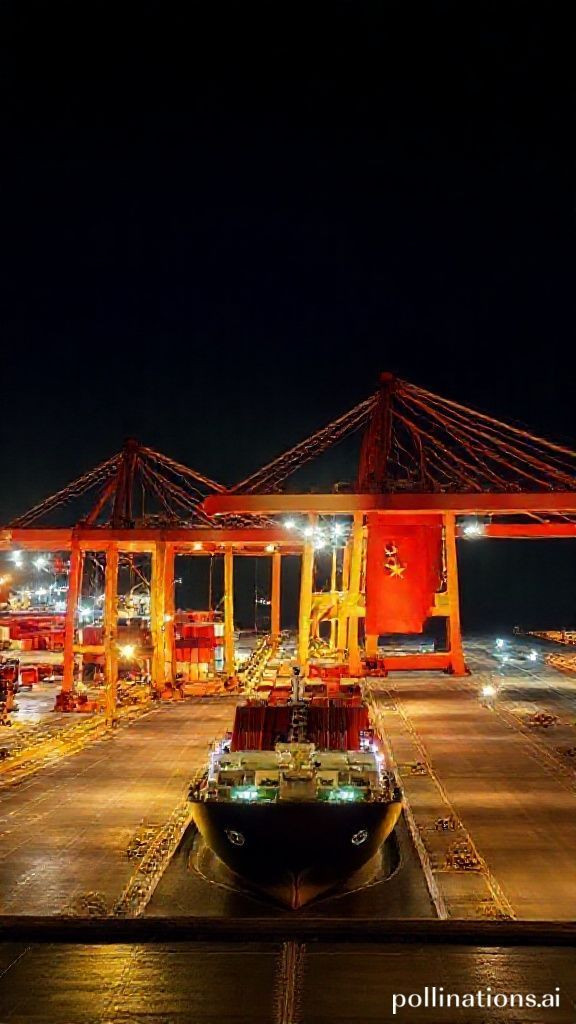
Partner with Taiwan A path for the Philippines to break the cycle of climate disaster loss
Partner with Taiwan A path for the Philippines to break the cycle of climate disaster loss

Breaking the Cycle of Climate Disaster Loss A Path for the Philippines to Partner with Taiwan
As the world grapples with the devastating impacts of climate change, the Philippines has been particularly hard hit. In 2023 alone, the country faced a relentless procession of storms that left entire communities submerged in water. Wipha (Crising) in July was just one example of the catastrophic weather events that have ravaged the nation. As the frequency and severity of such disasters continue to increase, it is imperative that we explore innovative solutions to mitigate their effects.
One potential game-changer lies in partnering with Taiwan, a country that has made significant strides in addressing climate-related challenges. By collaborating with Taiwan, the Philippines can leverage its expertise in sustainable infrastructure development, renewable energy, and disaster risk reduction to create a more resilient future for its citizens.
Sustainable Infrastructure A Foundation for Resilience
The Philippines is particularly vulnerable to the impacts of climate change due to its geographic location. As a low-lying archipelago, it is susceptible to sea-level rise, storm surges, and increased flooding. In recent years, these events have had devastating consequences for communities across the country.
To break this cycle of disaster loss, it is essential that we prioritize sustainable infrastructure development. Taiwan has made significant strides in this area, with a focus on green infrastructure and sustainable urban planning. By partnering with Taiwan, the Philippines can gain insights into innovative approaches to sustainable infrastructure development, including green buildings, renewable energy systems, and flood-resistant constructions.
Community Resilience The Power of Collective Action
In the face of climate-related disasters, community resilience is key to mitigating the impacts of these events. Taiwan has demonstrated a strong commitment to building resilient communities through innovative approaches such as community-based disaster risk reduction initiatives and social capital mobilization. By partnering with Taiwan, the Philippines can learn from its experience in building community resilience, including developing early warning systems that involve local communities in decision-making processes.
Technology A Catalyst for Innovation
Technology plays a critical role in enhancing climate resilience. Taiwan has made significant investments in innovative technologies such as artificial intelligence (AI), big data analytics, and the Internet of Things (IoT) to enhance disaster risk reduction and management. By partnering with Taiwan, the Philippines can gain access to cutting-edge technologies that can enhance its climate resilience, including AI-powered early warning systems, predictive weather pattern modeling, and real-time environmental monitoring.
Policy A Framework for Success
Finally, effective policy planning is essential for building a more resilient future. Taiwan has demonstrated a strong commitment to strategic planning through the development of comprehensive climate change policies that prioritize sustainability and resilience. By partnering with Taiwan, the Philippines can learn from its experience in developing effective policy frameworks, including climate-resilient infrastructure plans, green financing mechanisms, and support for innovative start-ups and entrepreneurs working on climate-related projects.
Conclusion
In conclusion, partnering with Taiwan offers a powerful path for the Philippines to break the cycle of climate disaster loss. By prioritizing sustainable infrastructure development, community resilience-building, technological innovation, and strategic policy planning, we can create a more resilient future for our citizens.
As we move forward, it is essential that we prioritize collaboration and knowledge-sharing between nations. By working together, we can develop innovative solutions to address the pressing challenges of climate change and build a more sustainable future for all.
Recommendations
Based on this analysis, we recommend the following
1. Establish a Taiwan-Philippines Climate Partnership Develop a formal partnership between the two countries to promote knowledge-sharing, capacity-building, and collaborative research in climate resilience.
2. Prioritize Sustainable Infrastructure Development Focus on developing green buildings, renewable energy systems, and flood-resistant constructions.
3. Build Community Resilience Support community-based disaster risk reduction initiatives and social capital mobilization to enhance community resilience.
4. Leverage Technology Develop AI-powered early warning systems, predictive weather pattern modeling, and real-time environmental monitoring using big data analytics and the Internet of Things.
5. Develop Effective Policy Frameworks Prioritize climate-resilient infrastructure plans, green financing mechanisms, and support for innovative start-ups and entrepreneurs working on climate-related projects.
By abiding by nature, community, technology, and policy, we can create a more resilient future for the Philippines and contribute to a global effort to address the pressing challenges of climate change.





